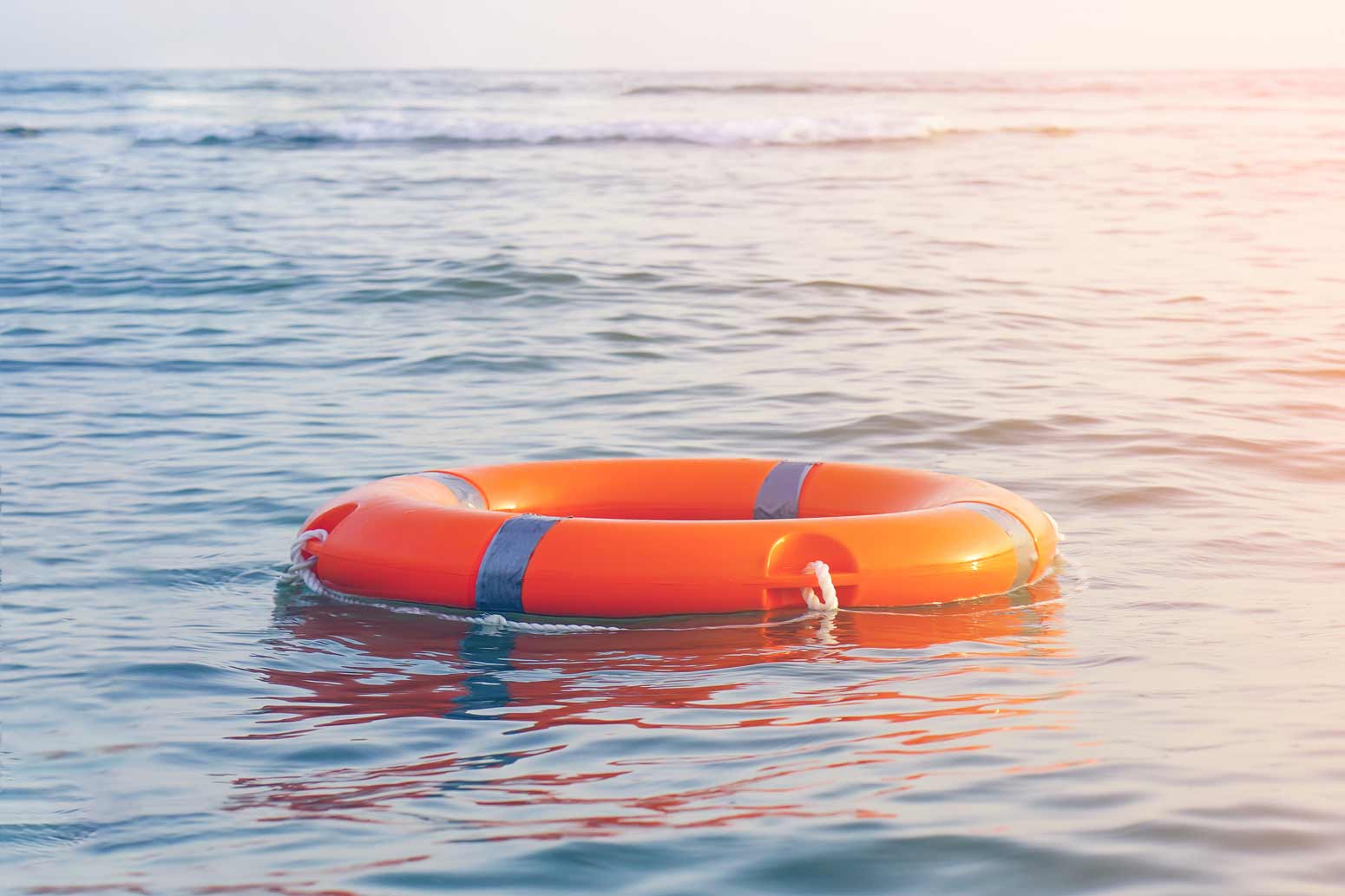If you look at birth rate trends, you’ll see that the average age of first-time parents has been on a steady trend upward. For some new parents, this means that their own parents are at a higher age than anticipated and in need of care. If this sounds like you, you’ve been nicknamed the “Sandwich Generation.” This applies to new moms and dads that are sandwiched between taking care of their kids and their own parents at the same time.
There are many factors to consider when caring for a loved one, and of course, learning the ropes of parenting doesn’t make it any easier, but what happens when your aging parents need care and are living out of state? What do you do when your loved one lives 50, or 500 miles away, or even across the country? Although it seems unmanageable, there are ways to not only keep your peace of mind, but also to ensure safety, stay on top of their health, and be aware of any crucial health changes.
Keep on Top of Health Changes
Keeping on top of their health situation and identifying problems before they become major issues is key. Also, regarding patients with Alzheimer’s, dementia, or any other memory issues, it is important to detect changes in behavior as soon as they happen. Of course, there are options to keep them safe, such as a medical alert system, but having a home care aide readily accessible is one of the most important and easiest ways to control the situation. It is the job of the family members to inform the home care agency of what you expect from them. Ensure that caregivers, whether doctors or in-home, have been given permission by the aging parent to have access to all of the patient’s information.
Document the Patient’s Routine
To be successful, it is important to identify the patient’s daily routine and understand their behavioral patterns. Since caregiving aides are the ones that tend to be the most familiar with the patients, they will be the first to notice a decline. Likewise, if you notice a health decline, make sure to have a durable power of attorney for health care in place so you can talk to your parent’s physicians on their behalf. Without a durable power of attorney for health care, you could be in violation of HIPAA rules and be barred from accessing your parents’ medical records, doctor’s notes, and diagnoses.
The Sandwich Generation applies to new moms and dads that are sandwiched between taking care of their kids and their own parents at the same time.
Set Benchmarks
It is important to set initial benchmarks so the healthcare workers and the caregiving agency can determine if there has been a change in behavior. Having a doctor or a nurse evaluate the patient for what they can and can’t do is an essential way to set standards. If there are any signs of the patient getting worse, it is important for the caregiving aide to immediately alert their supervisor who should then follow up with the family’s emergency contacts and healthcare providers.
What If a Change in Behavior Is Detected?
If a change in behavior is detected, the next step is contacting the physician for a formal diagnosis. In the event of a physical change, many times the patients are still able to live at home, but the physician might recommend more caregiving hours or further home health services to assist with helping the patient get stronger. In regard to a mental decline, the situation can become a little more difficult. If the patient isn’t a danger to him or herself, they can most likely continue living on their own. However, if they wander out of their house, leave burners on, etc., they might need 24/7 supervision.
24/7 Supervision

With 24/7 supervision, patients are oftentimes able to “age in place.” At this level of supervision, family members don’t have to worry about the safety of the patient because they are always being watched. When seniors get to this level, many people think the only option is a skilled nursing or assisted living facility, but one of the downsides to these facilities, other than having to leave the familiar setting of a house, is that many patients share one caregiver. The benefit of having a private caregiver is that one caregiver is working with one client. This means the patient is receiving a superior level of care in most instances.
What Is an In-Home Caregiver?
In-home caregivers range from trained medical professionals, able to assist their charges with managing medications and vitals, to family members who have stepped up to the responsibility. Support can come in all forms and sometimes includes help with eating meals, bathing, exercising, or even just companionship. Depending on the situation, caregivers do not necessarily have to be a nurse or someone that is able to provide medical support. Home care helps give both you and your loved one peace of mind, knowing that someone can help with daily activities and chores that they cannot perform on their own.
Beyond juggling your own child’s care and your parents’ care, we didn’t even touch on career and personal obligations. Things can get hectic very quickly! Outside of directly overseeing or providing care, it’s important that you find the time to take the necessary steps towards self-care. This could mean a coordinated effort with your family members to lay down a solid plan for everyone’s obligations. If you don’t have the support of siblings, it could mean finding a support group for caregivers. There are many online and real-life communities that provide great tips, advice, and a place to vent. If ever anything feels like too much, it’s always helpful to remember that there are others going through the same thing.
Taking care of you in the midst of life’s demands is important, as it can be stressful to care for others. The Sandwich Generation, though facing new challenges, is one of resilience and innovation. Hopefully, this information will help provide you with some insight on how to manage it all with grit and grace.
For more on this subject, visit Senior Planning.
Juggling your child’s care and your parent’s care can be very stressful. Here are some tips to keep some peace of mind.
—
For other articles on caring for others with grit and grace, start here:
Ask Dr. Zoe – How to Address My Loved One’s Failing Health
Practical Tips for When Your Loved One is Terminally Ill
When Life Gives You a New Normal
Battling the Mind Monster: A Letter to My Mom
When Bearing Their Burden Breaks You
Anatomy of a Strong Woman
Don’t miss these popular articles:
Finding Your Grit Just When You Are Sure You Don’t Have Any
When Others Minimize the Pain of Your Miscarriage
What Your Grieving Friend Really Wants You to Know
Skillet’s Korey Cooper Talks About Marriage, Motherhood, and Rock ‘n’ Roll
To the Mom Who Feels Like It Never Ends
#gritandgracelife
You’ll love this podcast episode from This Grit and Grace Life: 5 Philosophies You Need for Your Grit and Grace Life – 083













